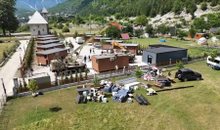
 Flash News
Flash News
Reported missing by his father, 23-year-old found dead near Shkopet lake
Drowned while rescuing two tourists in Shkodra, search continues for the body of the captain of the tourist ship
With the eagle symbol, Torino presents the purchase of the Albanian national team defender
Eraldo Muçi's disappearance, his mother's testimony comes to light: My son was friends with Sanço
28 arrested in Italy and Spain for drug trafficking, including an Albanian
The real wage in the country grew less than in 2021, the depreciation from high inflation
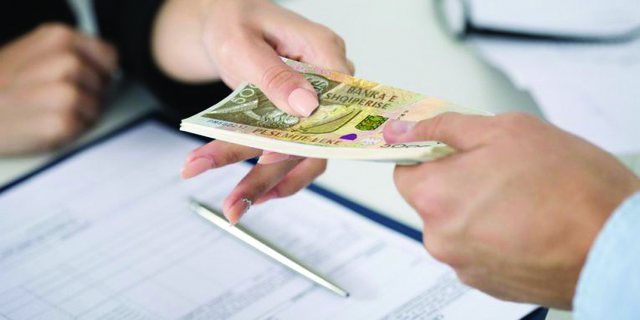
All sectors of the economy under pressure from a shortage of workers and high living costs grew gross wages last year at double-digit rates.
But the unprecedented change in prices with an average of 6.7 percent made the real wage increase lower than in 2021.
According to INSTAT data, the average monthly gross salary reached 66,015 ALL at the end of 2022 with a 10.8 percent increase compared to 2021. But the real salary that takes into account indexation with inflation increased by only 4.1 percent, a pace this lower than in 2021 when the real wage in the economy increased by 6.4%.
As can be seen from the chart below, nominal wages and real money have grown at similar rates throughout the decade, but in 2022, it can be seen that nominal wages have grown strongly by 10.4%, but real wages have increased by only 4.1 percent as result of high inflation.
Wage growth has been undermined by strong price appreciation, a phenomenon that is also operating this year.
From 2014 to 2022, the average salary in the country has increased by 45%, reaching about 66 thousand ALL. The Prime Minister, Edi Rama announced earlier in the week that the average salary in the country in two years will reach 900 euros (102 thousand ALL) or 54% more than the end of last year.
Economic experts and businesses claim that raising wages without improving productivity and reorienting the economy to a model that produces higher-value goods is likely to backfire.
For example, the initiative of the country's prime minister to increase the average salary by 54% in just two years, results that have not been produced even in a decade, without relying on the structural improvements of the economy, risks creating a spiral of inflation, wages.
The Bank of Albania announced that the salary increase last year exerted pressure on prices.
"In particular, the average salary in the private sector expanded by about 14% in annual terms during the last quarter of last year. This growth has supported the expansion of the disposable income of Albanian families, has fueled the expansion of family consumption and has helped the sustainability of economic growth. However, on the other hand, it has increased the costs of business production and facilitated the transfer of price increases from foreign markets to the domestic economy," said Bank of Albania Governor Genti Sejko at the media conference, after the decision to increase the interest rate. interest on March 23.
Wage growth was anemic in the last decade, in fact from the crisis of 2008 until 2020. Low wages continue to be the basis of the Albanian economic model, so their increase without leading the production cycle to a higher value risks producing inflation and not profits for employees./Monitor/
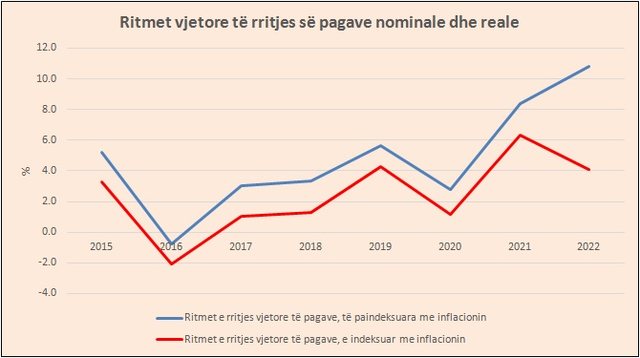

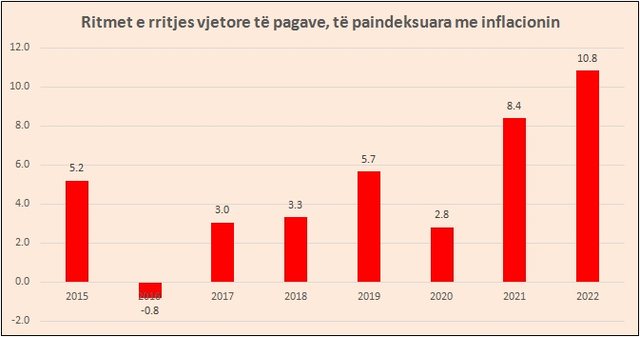
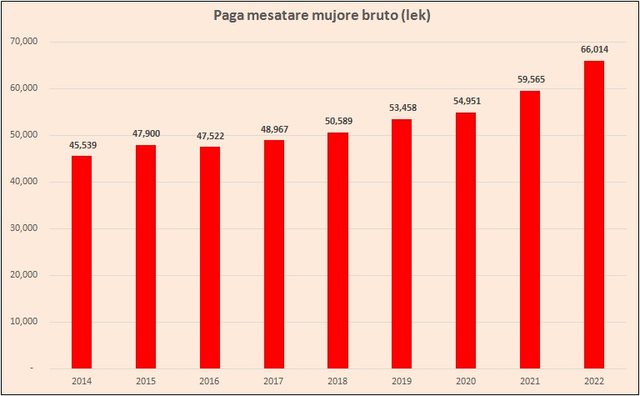
Latest news

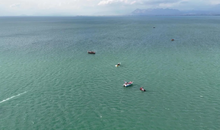

Horoscope, what do the stars have in store for you today?
2025-07-09 08:25:44
Sun and rain, Wednesday with unstable weather
2025-07-09 08:06:58
Posta e mëngjesit/ Me 2 rreshta: Çfarë pati rëndësi dje në Shqipëri
2025-07-09 07:52:02

Tabaku: Salianji bore a political cost that no one in Albania has borne
2025-07-08 22:36:15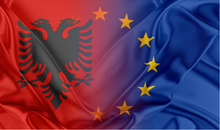


Sekretet për të shijuar verën si një ‘profesionist’
2025-07-08 21:45:06

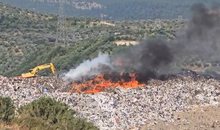
Albania's Waste Crisis: Toxic Smoke and Deep Governance Problems
2025-07-08 21:13:07
Alarming pollution in Fushë-Arrëz, copper factory waste turns the Fan River red
2025-07-08 21:07:14

Poll/ How do you assess the Prime Minister's intervention in local government?
2025-07-08 20:40:01
28 arrested in Italy and Spain for drug trafficking, including an Albanian
2025-07-08 20:24:14
Residents clash with police in Theth: We are on our land
2025-07-08 20:11:41
Death of 27-year-old in Lipjan, Osmani: To be investigated independently!
2025-07-08 20:06:52
Trump promises US will send more weapons to Ukraine
2025-07-08 19:54:25

EU targets health, education, police and cadastre as areas of corruption
2025-07-08 19:23:34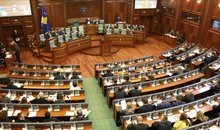


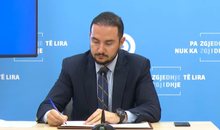

Salianji after his return: I did not oppose for functions, but for vocation
2025-07-08 18:23:15
Will he run in the 2029 elections? Here's how Salianji answers
2025-07-08 18:16:09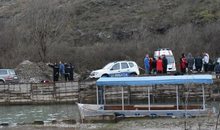
Boat captain drowns after diving into water to save two tourists in Shkodra
2025-07-08 18:05:12
Salianji from the DP headquarters: I brought a drug trafficker to justice
2025-07-08 18:03:26
After Fier, Rama "landes" in Durrës, dismissals expected
2025-07-08 17:53:32
Ervin Salianji arrives at the blue headquarters, welcomed by supporters
2025-07-08 17:45:12
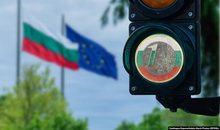
EU approves final steps for Bulgaria's Eurozone membership
2025-07-08 17:43:06

Zhupa after Salianj's release: Inspiration for every opposition member
2025-07-08 17:19:39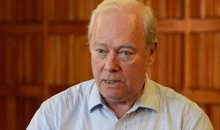
Actor David Killick passes away
2025-07-08 17:09:23



Threatened with dismissals, Rama arrives at the Fier municipality
2025-07-08 16:39:19
Extreme temperatures temporarily close Acropolis in Greece
2025-07-08 16:30:34

A plot of cannabis is discovered in Mazha, Kruja
2025-07-08 16:13:48

Republika Srpska allocates additional 22 million euros for lobbying in the US
2025-07-08 15:52:04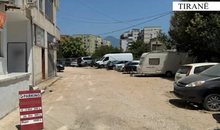

Spices that protect you from mosquitoes!
2025-07-08 15:30:03

Accident on the Vlora-Qeparo axis, one injured
2025-07-08 15:11:52
Berat, 17 years part of UNESCO's world heritage
2025-07-08 15:03:30
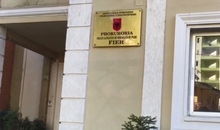

Cost of living increases, inflation rises to 2.4% in June, driven by food
2025-07-08 14:29:54
VIDEO/ Restaurant roof collapses in Italy, one victim and ten injured
2025-07-08 14:18:44
Requested release from cell, Supreme Court leaves Veliaj in prison
2025-07-08 14:07:41
TikTok shutdown/ Austrian media: Rama benefited politically from the app ban
2025-07-08 13:48:25
Acropolis temporarily closed due to heat
2025-07-08 13:31:09



Salianj's release/Berisha: He was politically condemned by Rama and Xhafa!
2025-07-08 13:00:13

Knife attack on Peshkopia Boulevard
2025-07-08 12:44:10


Fier Court decides on the conditional release of Ervin Salianj
2025-07-08 12:15:23
Cost of living increases, inflation rises to 2.4% in June due to food
2025-07-08 12:00:16


Requesting conditional release, Ervin Salianji arrives at the Fier Court
2025-07-08 11:16:36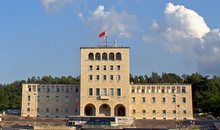
The first phase of university applications begins today
2025-07-08 11:10:52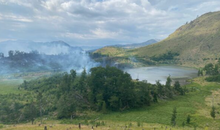
Fire in Lura, flames endanger the National Park
2025-07-08 10:53:43
Trump warns of 35% tariffs on Serbia and 30% on Bosnia and Herzegovina
2025-07-08 10:37:32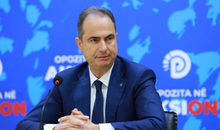
Thethi rooster and the dung cock
2025-07-08 10:24:01

Fire in Dukat endangers Llogara National Park
2025-07-08 10:01:39
International drug search: 36-year-old arrested in Durrës (NAME)
2025-07-08 09:50:48
Thethi, tourists "criticize" modern trend
2025-07-08 09:39:54
Fire on Mount Dukat still active, Llogara National Park at risk
2025-07-08 09:28:12
Veliaj's appeal to be heard today in the High Court
2025-07-08 09:16:02
"Bad sign for democracy"/ Parliament neglects reporting by institutions
2025-07-08 09:04:56
Today's hearing at the Fier Court, Salianji requests conditional release
2025-07-08 08:56:39


Horoscope, what do the stars have in store for you today?
2025-07-08 08:16:19
Weather forecast/ How temperatures will vary throughout the day
2025-07-08 08:02:37
Morning Post/ In 2 lines: What mattered yesterday in Albania
2025-07-08 07:48:30





Marrëdhënia që s’është romancë, por s’është as thjesht kolegiale
2025-07-07 21:39:13
Citizen is asked to pay 2.5 million for a non-existent meter
2025-07-07 21:28:03

